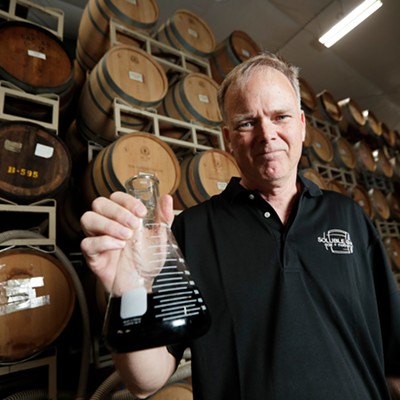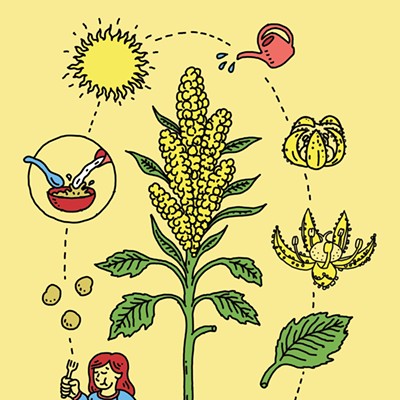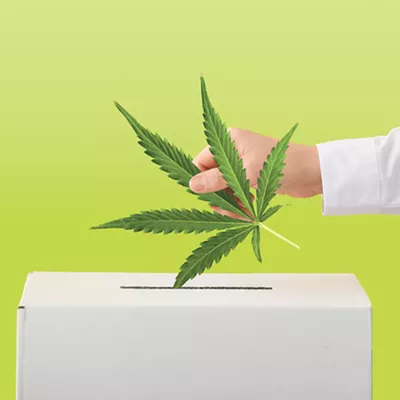For the scientific and medical communities, cannabis news has been coming in a torrent lately. That's good, because more knowledge is important, and because as the final example shows, this is an industry that still lacks definitive knowledge.
REVELATORY REGULATIONS
A study published Aug. 24 in the Journal of Cannabis Research shows that legal cannabis in Canada is much healthier than unregulated cannabis, at least by one specific, and important, measure.
Legal cannabis is grown with far fewer pesticides than illicit cannabis.
The study found that 92 percent of illicit samples of cannabis contained pesticides, whereas only 6 percent of legal cannabis featured such pesticides. The study found just two different pesticide residues on legal cannabis products compared with 23 different pesticides found on the illicit cannabis tested.
The takeaway here is that regulated cannabis is just that, regulated, and as a result, often safer than unregulated cannabis.
POTENTIAL FOR PAIN RELIEF
Though not as trustworthy as a medical journal, the folks at NuggMD, which describes itself as a telehealth platform for cannabis, conducted a survey that found cannabinoids are a fair replacement for opioids when treating chronic pain as a result of neuropathy.
Their study, which surveyed only 603 participants, found that cannabis as a pain reliever rated higher than both hydrocodone and codeine, a pair of commonly prescribed opiates, though cannabis did rate below both oxycodone and the combination of a pair of straight over-the-counters in a combination of ibuprofen and acetaminophen.
CAUSE OR CURE?
Cannabis has been an easy target as a potential cause of psychosis in recent months, but a new study in the journal Psychiatry Research comes down on the opposite side.
"In summary, continuous cannabis use over 2-years of follow-up was not associated with an increased psychosis transition rate, and did not worsen clinical symptoms, functioning levels, or overall neurocognition," according to the study, published this month. "Surprisingly, clinical symptoms improved over time despite the medication decreases."
Many studies have shown the opposite, but here is a study claiming that cannabis use does not show itself as a risk factor for increased potential for psychosis. In fact, it finds the opposite.
Which is to say, we don't know and we need to know more. We're still in a contradictory learning period, as we are with everything cannabis-related. ♦
This article has been changed to better describe NuggMD.






















